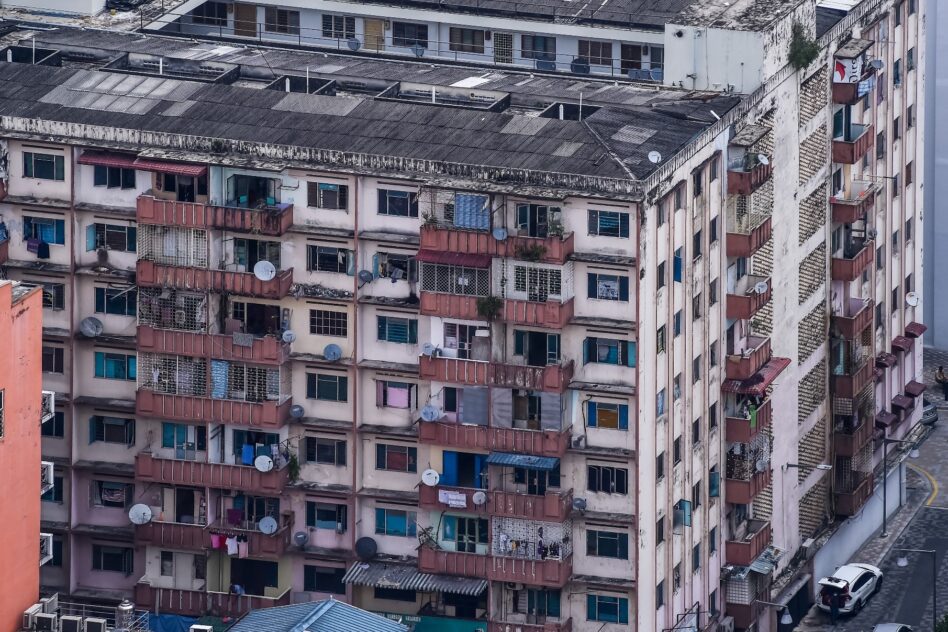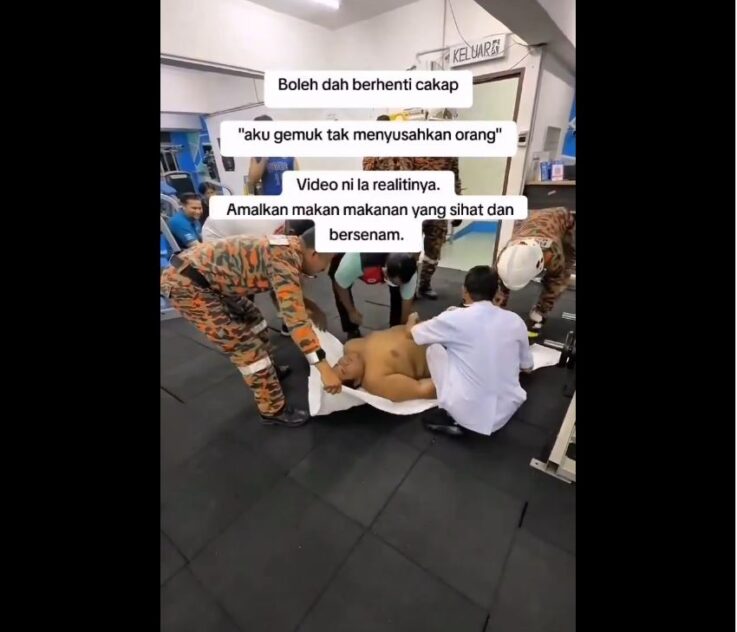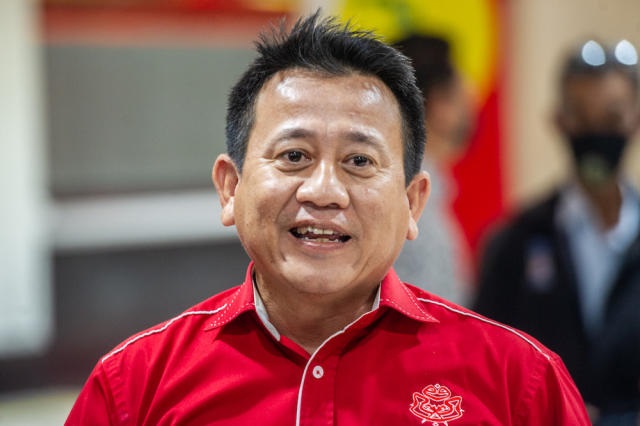IN THE age of viral leaks, perception often becomes reality. Nothing shapes public opinion faster than a grainy video clip circulating through WhatsApp groups, stripped of context but heavy on insinuation.
The recent wave of leaked videos alleging corruption among Sabah leaders is a prime example.
Heavily edited and shared with sensational commentary, these clips have achieved exactly what they were intended to do. They have stirred public anger, cast doubt on leadership, and left many wondering whom they can trust.
But should they believe what they see? Seasoned observers advise caution.
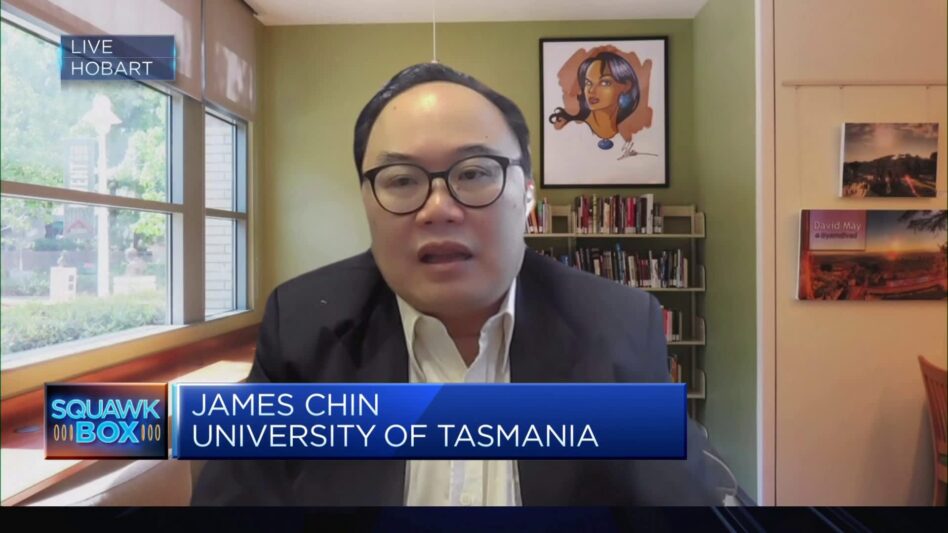
“In many cases the full context is not leaked. They take small snippets here and there because they are trying to project a certain viewpoint,” Prof James Chin, political analyst at the University of Tasmania, told FocusM.
“People must understand that these leaks are small pieces of a much larger puzzle. If you don’t not see the full picture, you’re being manipulated.”
Sunway University Professor of Mass Communications Bradley Freeman sees a deeper danger.
“Trial by social media can erode trust in formal institutions by bypassing established processes,” he observed. “It feeds the public’s appetite for instant outrage but this comes at the expense of fairness and facts.”

The Sabah videos fit this pattern perfectly. They provide just enough material to provoke suspicion but not enough to allow a balanced assessment.
Crucially, they conceal the motivations of those behind the leaks, individuals who reportedly face legal problems of their own.
It is worth noting that Chief Minister Datuk Seri Hajiji Noor’s government has not avoided scrutiny. The state administration is cooperating fully with the Malaysian Anti-Corruption Commission (MACC) which is now reviewing the complete, unedited footage. This is the type of transparency that viral video peddlers usually avoid.
This is not to suggest that corruption allegations should be ignored. But the fact remains that the MACC has cleared Hajiji of any wrongdoings.
Meanwhile, Bernama has reported that several individuals are set to be charged over the alleged wrongdoings soon. In other words, any insinuations by Hajiji’s critics that the case is being swept under the rug is completely baseless.
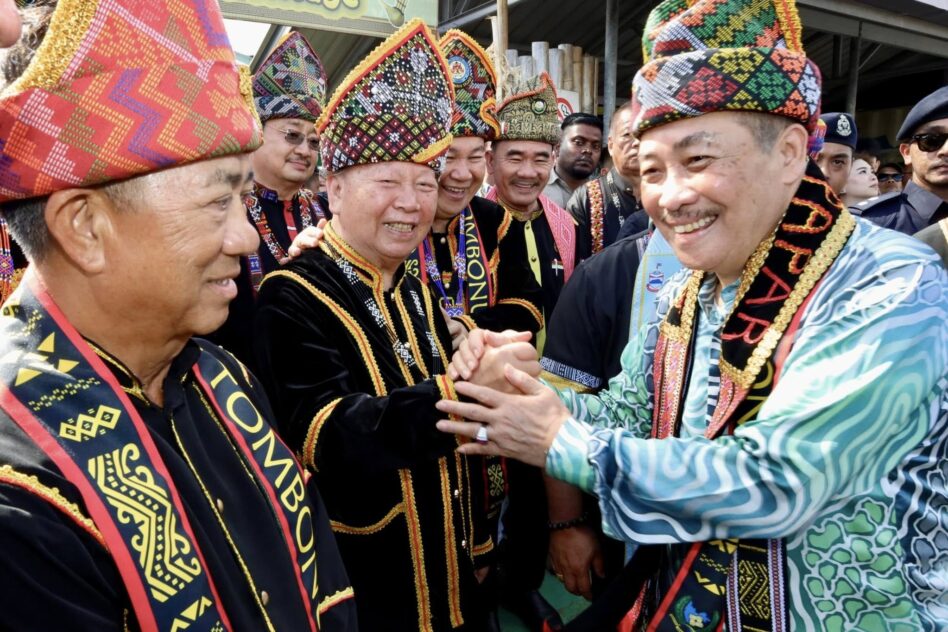
This is a clear example of how allegations of corruption should be investigated thoroughly through proper channels. What must be avoided is the replacement of due process with online outrage driven by selective leaks.
As Chin puts it, “You should take the leak as another piece of the mosaic, not as the entire story.”
Unfortunately, in Malaysia’s eager court of public opinion, this distinction often disappears. Viral videos race ahead of verified facts while public outrage outpaces legal investigation.
If this continues, no government or public servant will be safe from politically-motivated attacks disguised as transparency. The erosion of public trust is precisely what the manipulators behind these leaks hope to achieve.
Sabah deserves better. Its political discourse should be based on facts and accountability, not viral clips and whisper campaigns.
The next time a suspiciously timed video floods your screen, remember this. Often, the loudest clips tell the least amount of truth. – June 13, 2025
Main image credit: Business Insider



